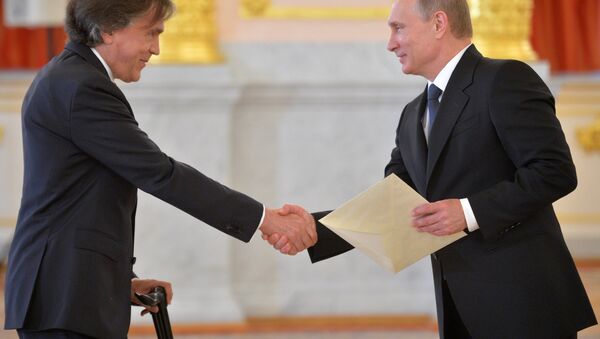"Frankly speaking, there is not much progress at this very moment but there have been many attempts to move forward… I do not think that we are at the dead end of the situation at the moment, I think we still have to work on implementing the agreement," Brix told RIA Novosti in an interview.
Austria has been supportive of the Minsk agreements. In March, Austrian Foreign Minister Sebastian Kurz said that the protocols are the only chance of settling the Ukrainian conflict despite the difficulties and slow progress in their implementation.
As a European Union member, Austria has been stressing to both Kiev, Moscow and the Donbas militias that the agreements' implementation is essential to reaching a peaceful solution.
"This is well known to everybody, and we are convinced that all parties involved are interested in finding a solution. It is my clear conviction that nobody is interested in creating another frozen conflict in Europe," he said.
Kiev launched a special military operation in Ukraine's southeast in April 2014, after local residents refused to recognize the new Ukrainian authorities, which came to power as a result of what they considered to be a coup.
The Minsk deal on Ukrainian reconciliation was struck in February 2015 by Russia, Ukraine, Germany and France and later signed by Kiev and the pro-independence militias in southeastern Ukraine. The deal stipulates a full ceasefire and constitutional reforms.
Despite the fact that the agreement was reached over a year ago, major sections are yet to be completed and both sides have been accusing each other of violations of the deal.



